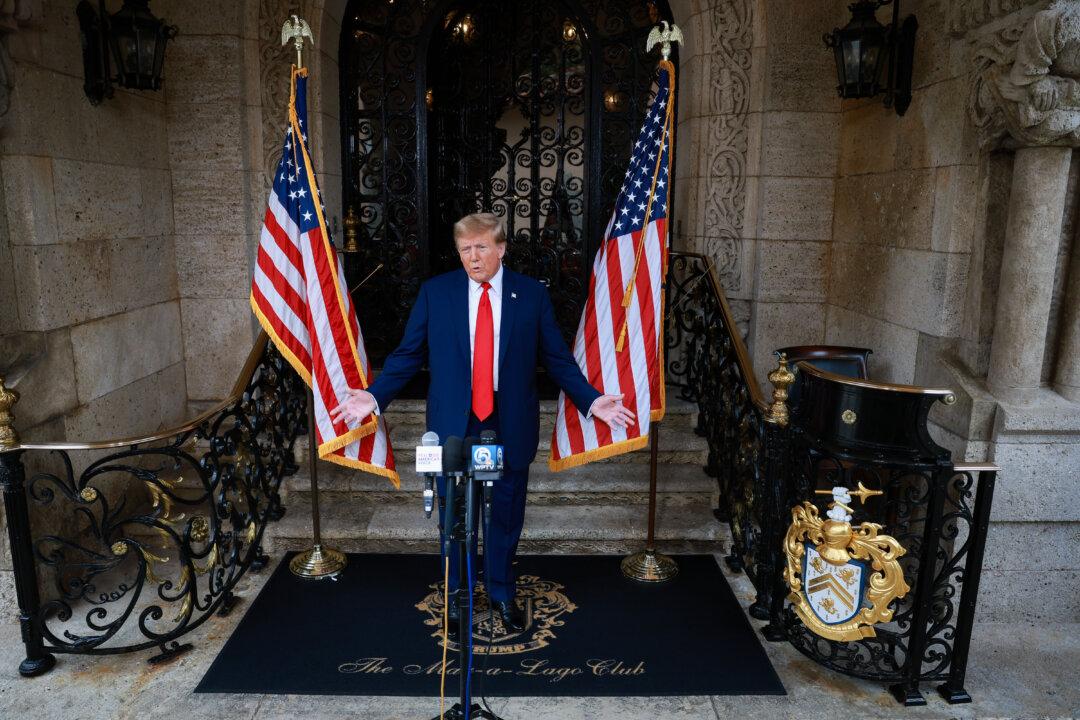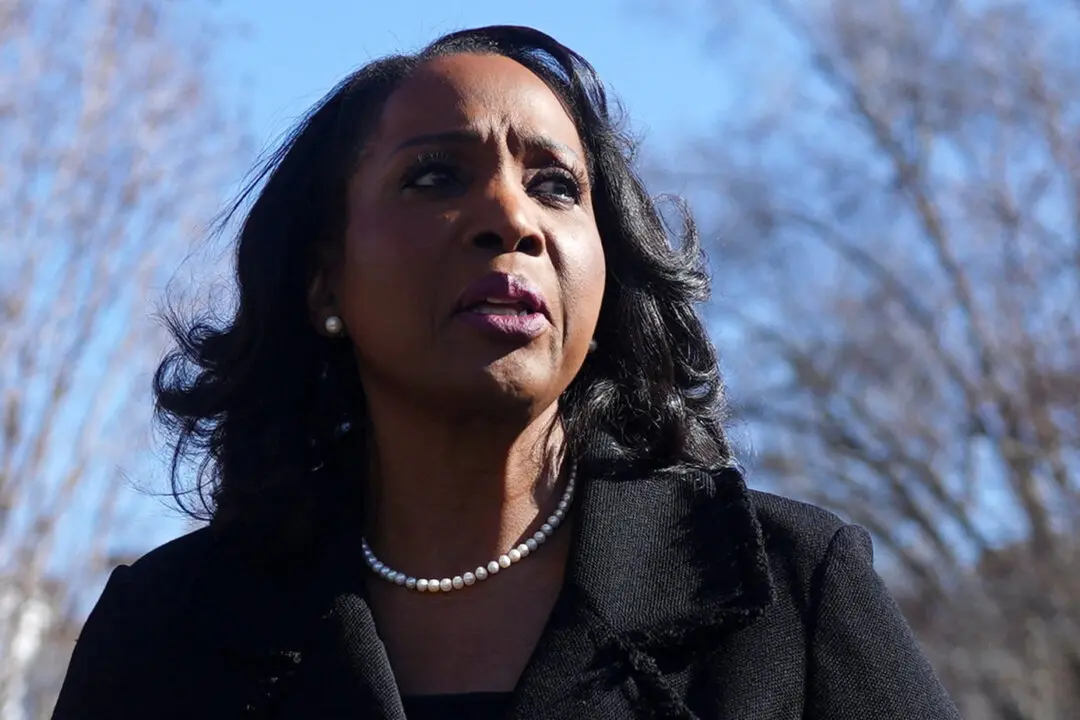It’s a big week for former President Donald Trump’s four criminal cases. On Feb. 15, two separate cases will hold hearings; one judge may decide to go to trial as early as next month, and the other will weigh the disqualification of the prosecutor, possibly delaying the trial indefinitely.
In New York, Manhattan District Attorney Alvin Bragg has charged President Trump with 34 counts related to falsifying internal records. In Georgia, President Trump and more than a dozen others have been charged with racketeering and conspiracy in the state’s 2020 election probe.






